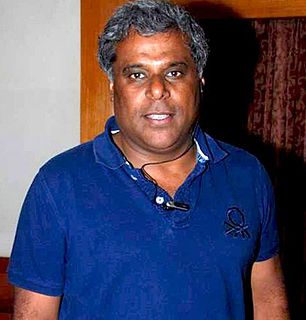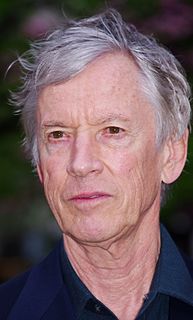A Quote by Jon Sobrino
What sort of power is it that really and truly renders the deity present? Human beings automatically think of God as someone who possesses and wields power. Jesus forces people to consider whether that deeply rooted conviction is true or not. In historical terms it is readily apparent that power, left to its own inertial tendencies, tends to be oppressive in fact. So it cannot be the ultimate meditation of God, though human beings might tend to think so
Quote Topics
Apparent
Automatically
Beings
Cannot
Consider
Conviction
Deeply
Deity
Fact
Forces
God
Historical
Human
Human Being
Human Beings
In Fact
Jesus
Left
Meditation
Might
Oppressive
Own
People
Possesses
Power
Present
Readily
Really
Rooted
Someone
Sort
Tend
Tendencies
Tends
Terms
Think
Though
True
Truly
Ultimate
Whether
Related Quotes
We have power... Our power isn’t in a political system, or a religious system, or in an economic system, or in a military system; these are authoritarian systems... they have power... but it’s not reality. The power of our intelligence, individually or collectively IS the power; this is the power that any industrial ruling class truly fears: clear coherent human beings.
And people who believe in God think God has put human beings on earth because they think human beings are the best animal, but human beings are just an animal and they will evolve into another animal, and that animal will be cleverer and it will put human beings into a zoo, like we put chimpanzees and gorillas into a zoo. Or human beings will all catch a disease and die out or they will make too much pollution and kill themselves, and then there will only be insects in the world and they will be the best animal.
I was deeply interested in conveying what is a deeply felt conviction of my own. This is simply to suggest that human beings must involve themselves in the anguish of other human beings. This, I submit to you, is not a political thesis at all. It is simply an expression of what I would hope might be ultimately a simple humanity for humanity's sake.
To live greatly, we must develop the capacity to face trouble with courage, disappointment with cheerfulness, and triumph with humility. You ask, 'How might we achieve these goals?' I answer, 'By getting a true perspective of who we really are!' We are sons and daughters of a living God in whose image we have been created. Think of that truth: 'Created in the image of God!' We cannot sincerely hold this conviction without experiencing a profound new sense of strength and power, even the strength to live the commandments of God, the power to resist the temptations of Satan.
For loving, working, and creative people to throw off the yoke of power it is necessary to abolish power itself, not merely to make the yoke comfortable. Where some have power, others do not, and the two classes persist. A free society is where all have power-power over and responsibility for their own lives, power and reason to respect the lives of others. This is also a society without classes, a society of human beings, not rulers and the ruled.
I'd like to turn the whole Jesus story around and look at it from a different vantage point, to consider that he was a human being who achieved such promise of humanity that he entered into what I think God is: mainly, the power of life, the power of love and what Paul Tillich, a German theologian of the mid-twentieth century, called "the ground of all being."
That's what Judith Herman is saying, and she's absolutely right. Power then breeds an intensification of all because the power can never be absolute power - to some extent it's stymied - but the isolation while in power becomes even more dangerous. Think of it as a vicious circle. The power intensifies these tendencies and the tendencies become more dangerous because of the power.
What the mysterious is I do not know. I do not call it God because God has come to mean much that I do not believe in. I find myself incapable of thinking of a deity or of any unknown supreme power in anthropomorphic terms, and the fact that many people think so is continually a source of surprise to me. Any idea of a personal God seems very odd to me.



































